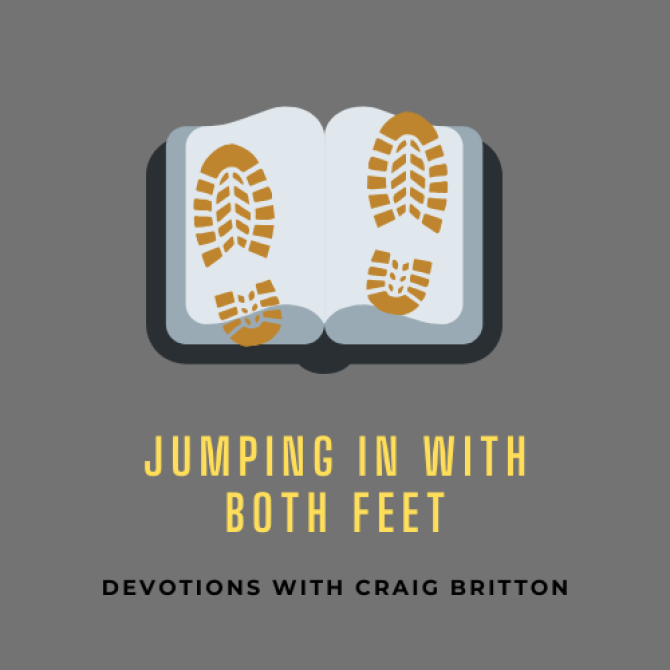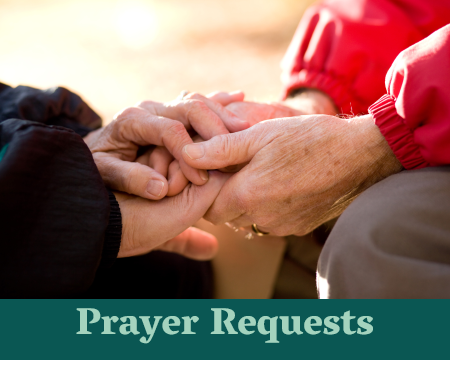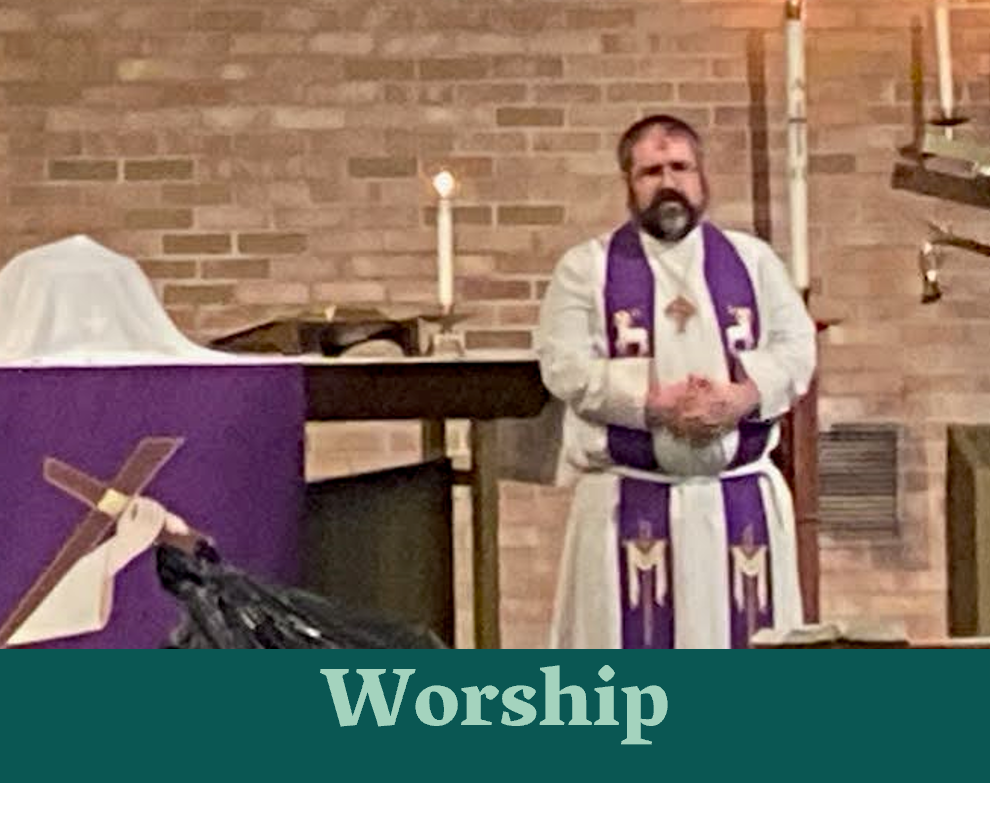What Can I Say?
Proper 18: Old Testament, Ezekiel 33:7-9
Ezekiel 33:7-9
It’s not a long stay in the Old Testament prophets that is required to understand that their messages were not always going to be well received. But who is the one that thought hearing from the Governor of the Universe would be a “roses are red, violets are blue” type of communication? The declaration of the Holy Scriptures is that God is holy and we are not. The tension that creates is immense and ongoing. “God is a righteous judge, and a God who feels indignation every day” (Psalm 7:11).
Ezekiel, the prophet who is given so many messages in the form of “over-the-top” visions, is given a message to share in our Old Testament reading for the week. And he receives it more than once in the book. No vision here. No mysterious “wheel within a wheel” to tantalize and challenge the would be interpreter. No. This is a clear-as-crystal message. In a nutshell it is this: “Ezekiel, everyone is a sinner. They’re gonna die in their sin. But, if you don’t give them the message, if you don’t do the warning, you're holding the bag.” Now wait just a moment. That doesn’t seem fair.
You’re right. But “seem” is the operative word. God has given prior commandment to love God and love your neighbor. And Jesus brought up the same, loving God above all and your neighbor as yourself. Now we’ve all heard the example, “If your neighbor was asleep in a burning house, wouldn’t you do everything in your power to awaken him?” That’s love-and perhaps yet a step further? To go into the house and risk your life to save another. Well, that is just what we have in this passage. Tell your neighbor if he is in danger of hellfire. Warn her if her path ends in the lake of fire. Give notice.
Now the passage is written specifically to the great prophet. But this is a case where the principle may be lifted and applied readily to anyone who knows gospel truth and has those around him who do not. Ezekiel was told squarely that he would have blood on his hands for not being the faithful proclaimer of God’s saving message. That’s the life risk on our part. Shying away from speaking the truth in love when someone’s soul is on the line is in effect, a denial of our own trust in the gospel’s power to save. It is.
I am not sure I would have wanted to be an Old Testament prophet. And I am not so sure I would have always wanted to hear what they had to say. Lord, have mercy.





